
China’s President Xi’s Purge of High-Ranking Military Officials Exposes Profound Crisis Within CCP
China– The recent expulsion of Gen. Li Yuchao and political commissar Xu Zhongbo, two prominent figures responsible for overseeing China’s nuclear arsenal, has sent shockwaves through the political landscape, exposing deep-seated fractures within the leadership of Xi Jinping’s regime. Analysts across the spectrum have offered insights into this unprecedented shake-up, highlighting potential implications for the Chinese Communist Party (CCP), its military modernization, and international dynamics.
Gen. Li Yuchao and Mr. Xu’s sudden removal from their positions as the commander and political commissar, respectively, of the People’s Liberation Army (PLA) Rocket Force, has raised a myriad of questions. Both individuals had been conspicuously absent from public view for several months prior to their dismissal, leaving their reasons for departure shrouded in mystery. In their place, Gen. Wang Houbin, formerly the deputy navy chief, was appointed as the new commander, and Xu Xisheng, a member of the CCP’s elite Central Committee, was elevated to political commissar.
This upheaval, characterized by the selection of outsiders with no prior experience in the Rocket Force, has prompted speculation about the CCP’s internal struggles and its ability to effectively navigate the evolving military landscape. Experts contend that the selection of individuals lacking specific expertise in the Rocket Force, a branch responsible for China’s nuclear capabilities and ballistic missiles, could compromise the regime’s warfighting readiness and its aspirations to challenge established nuclear powers like the United States and Russia.
The conspicuous absence and subsequent removal of Gen. Li and Mr. Xu are part of a larger pattern. Reports indicate that several high-ranking officials within the Rocket Force have vanished in recent months, suggesting a comprehensive purge of the top echelons of the branch. The puzzling circumstances surrounding these disappearances have further fueled speculation. In particular, the unexplained death of Gen. Wu Guohua, a former deputy commander of the force, has led to conjecture about potential corruption or leaking of sensitive military information.
Analysts have put forth several theories to account for this unprecedented event. One narrative suggests that the entire command of the Rocket Force was purged due to corruption. The failure to meet high-level objectives could have triggered an investigation into the misallocation of funds, mirroring past instances of similar purges within China’s state-backed institutions.
Another perspective posits that the upheaval was provoked by a leak of military secrets. This theory gained traction after a detailed report on the Rocket Force’s organizational structure surfaced, suggesting the involvement of senior officials within the force. The disclosure of sensitive information could be seen as a threat to national security, invoking a severe response from the CCP.
The timing of these developments, notably following the Wagner mutiny in Russia, has added complexity to the analysis. Observers point to Xi Jinping’s close relationship with Vladimir Putin and speculate that the Russian incident might have shaken Xi, prompting swift action within the CCP. While unconfirmed, the coincidence of these events has prompted comparisons, further fueling the intrigue.
The far-reaching implications of this upheaval extend beyond the realm of internal Chinese politics. The appointment of leaders with limited domain knowledge to oversee the Rocket Force raises concerns about the regime’s capacity to handle its nuclear arsenal and ballistic missiles effectively. Given the potential for catastrophic consequences associated with such weapons, experts’ express apprehension about the impact of these appointments on regional stability and global security.
Additionally, the purging of high-ranking military officials within Xi’s personally established branches reflects broader challenges he faces in maintaining control over the People’s Liberation Army (PLA). This internal discord casts a shadow over Xi’s attempts to modernize the military and exert China’s influence on the world stage.
In light of these developments, questions arise about the future trajectory of China’s military, its international behavior, and the stability of the CCP. The ongoing crisis highlights a struggle for power within the party’s highest echelons and underscores the complexity of managing a military force that plays a crucial role in both regional and global security dynamics. As the situation continues to unfold, the repercussions will likely reverberate beyond China’s borders, influencing geopolitical narratives and strategic calculations.

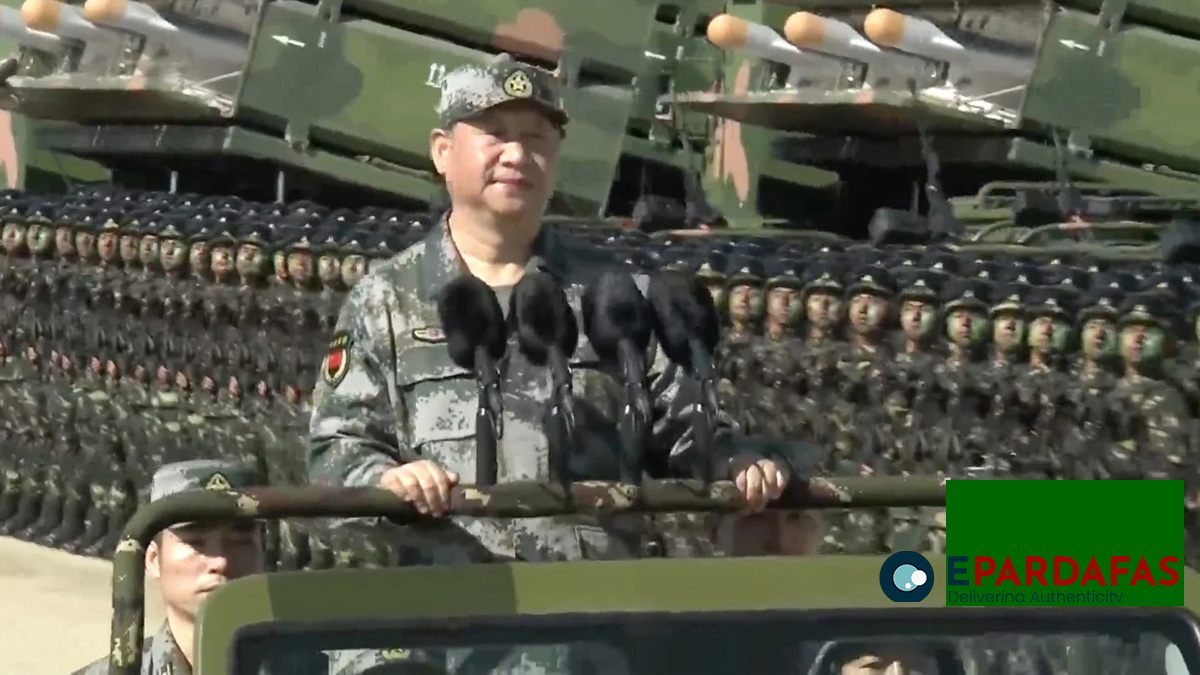
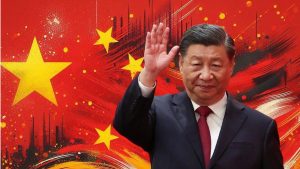


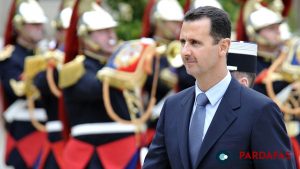
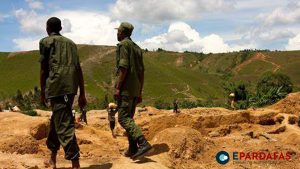
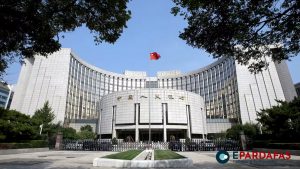


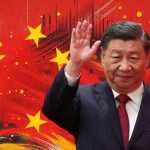


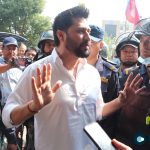
Comments